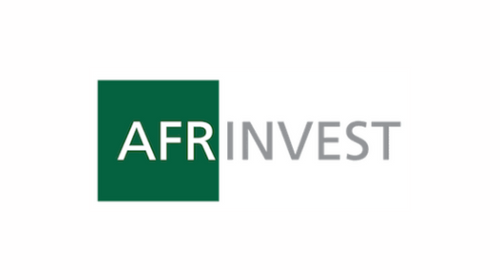
There is a consensus that Nigeria must look beyond its banking sector if it aims to realize the ambitious goal of attaining a $1 trillion economy. This sentiment was expressed by Chioke Ike, the Group Managing Director of Afrinvest, during the unveiling of the 2024 Banking Sector Report titled ‘Recapitalisation: Catalyst for a $1 Trillion Economy?’
In preparation for the announcement of new capital requirements, the Central Bank stressed the importance of fortifying the banks to effectively drive the envisioned $1 trillion economy championed by President Bola Tinubu.
Chioke underscored that while strengthening the banks through recapitalisation would enhance their ability to support the broader economy, increase lending capacity, attract foreign investments, and bolster risk management, solely relying on the banking sector will not suffice for economic expansion.
He emphasized, “To reach a $1 trillion economy, Nigeria must transcend the banking sector. All facets of the economy need to progress in parallel with it.”
He pointed out the necessity of investing in human capital development, drawing comparisons with countries like Mexico, Indonesia, and Turkey, which have achieved higher GDP per capita and human capital indices.
He added, “Nigeria must prioritize human capital development to realize a $1 trillion economy.
“Although the macroeconomic landscape presents challenges, including a looming national strike, the required data is available for effective economic management. However, politicians must heed this data and exhibit the discipline and humility needed,” he remarked.
Representing CBN Governor Olayemi Cardoso, the Acting Director of Financial Policy and Regulations, Mr. John Onoja, affirmed the central bank’s dedication to achieving the $1 trillion economy target.
He stated, “We are pleased with the government’s set target, and we are resolute in our support for it.”
He outlined the CBN’s collaborative efforts with banks in revising their capital plans for a successful endeavour, working in conjunction with entities like the Nigeria Deposit Insurance Corporation, the Securities and Exchange Commission, the Nigerian Exchange, and the National Assembly.
Moreover, Taiwo Oyedele, Chairman of the Presidential Committee on Fiscal Policy and Tax Reforms, stressed the imperatives of fiscal discipline, revenue growth, and competitiveness.
“Nigeria, with a budget below $40 billion, including supplementary budgets for all states and local governments, faces revenue challenges with amounts falling short,” he highlighted, underscoring the urgency for reform.
To attain a $1 trillion economy, Oyedele emphasized the necessity of a robust banking sector, capital market, and consistent policies.
He suggested, “By optimizing government assets, reforming state-owned enterprises like NNPC Limited, and exploiting mineral resources, we can boost revenue generation.”
The objective, according to him, is to elevate Nigeria’s revenue-to-GDP ratio to 30% within the next two to three years.
He also proposed incentivizing prosperity by exempting taxes on capital, investments, production, poverty alleviation, and seeds.
Oyedele highlighted Nigeria’s complex tax structure with over 60 levies compared to South Africa’s single income tax, which outperforms all Nigerian taxes combined in revenue generation.
“Through these reforms, we can optimize revenue collection and progress towards a $1 trillion economy,” Oyedele concluded.
